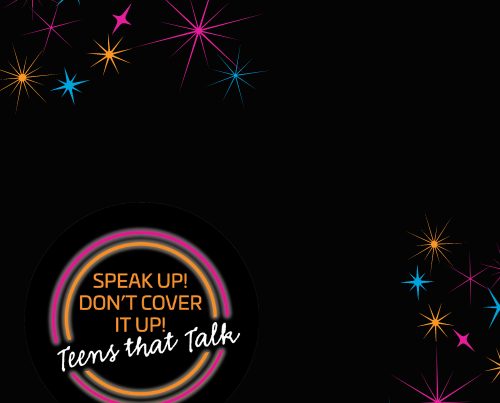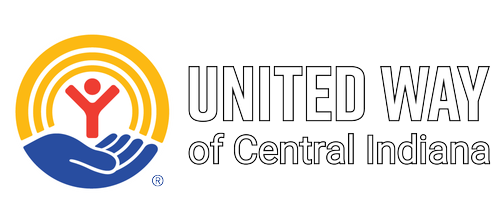A key element of our prevention efforts involves teaching classes to teens at local schools and churches. Not long ago, one of our presenters delivered a session at one of our county’s public high schools. She talked about the characteristics of healthy relationships and alerted the teens to red flags warning that a dating partner may be abusive.
As usual, she answered a long list of student questions that were a stark reminder of the familiarity young people have with dating violence, and she distributed a quiz allowing them to privately evaluate their own relationships to see if there’s any danger to their well-being.
At the end, as the presenter packed up her materials, two teen girls walked past her, engaged in a conversation she couldn’t help overhearing. One told the other, “Well, he hasn’t hit me in over a week, so I think things are going better.”
The comment broke the presenter’s heart on multiple levels. Beyond the basic reality that the young girl was already a victim of dating violence, she and her friend were engaging in a response that’s all too common among victims of all ages. They were minimizing the situation, trying to make it seem like something normal instead of abuse. And her friend’s reaction suggested she shared the expectation that abuse is an inherent part of relationships.
Fortunately, the presenter stopped the girls and started a conversation to help them understand and share resources to provide help. But the situation drove home a troubling reality about the prevalence of dating violence and the expectations of young people. These girls had just listened to a presentation describing the signs of abuse and steps to take … and yet they reacted by assuming it didn’t apply to what they were experiencing.
The simple fact is one in three adolescents has been verbally, emotionally, or physically abused by a dating partner. One in ten high school students reports being purposefully hit by a boyfriend or girlfriend and one in eleven Indiana high school students reports being physically forced to have sex. Nor is this limited to older teens. 62 percent of tweens aged 11-14 say they know friends who have been verbally abused by a boyfriend or girlfriend, and one in five tweens say they know a friend who has been physically hurt by a boyfriend or girlfriend.
The impacts go beyond the abuse itself. Teen victims are far more likely to engage in dangerous behaviors such as smoking, using drugs, and engaging in unhealthy diet and risky sexual behaviors. They’re also more likely to attempt suicide.
If you’re the parent, grandparent, aunt, or uncle of a teen, you can play a key role in protecting him or her from teen dating violence. It starts with an open and honest conversation about their relationships. We’ve developed parent resource cards providing conversation starters and information about warning signs in teen relationships.
And if you’re a teen who is experiencing abuse, or who is watching a friend experience abuse, help is available. We’ve created resource cards for teens explaining what to look for and steps to take when abuse is present.
Teen dating violence is wrong. The best way to prevent it … or to keep it from beginning … is to educate teens and adults. Please help us share this important information, because it could truly save someone’s life.






